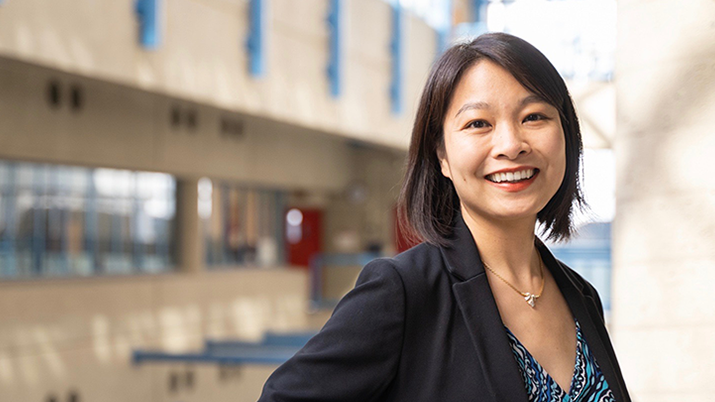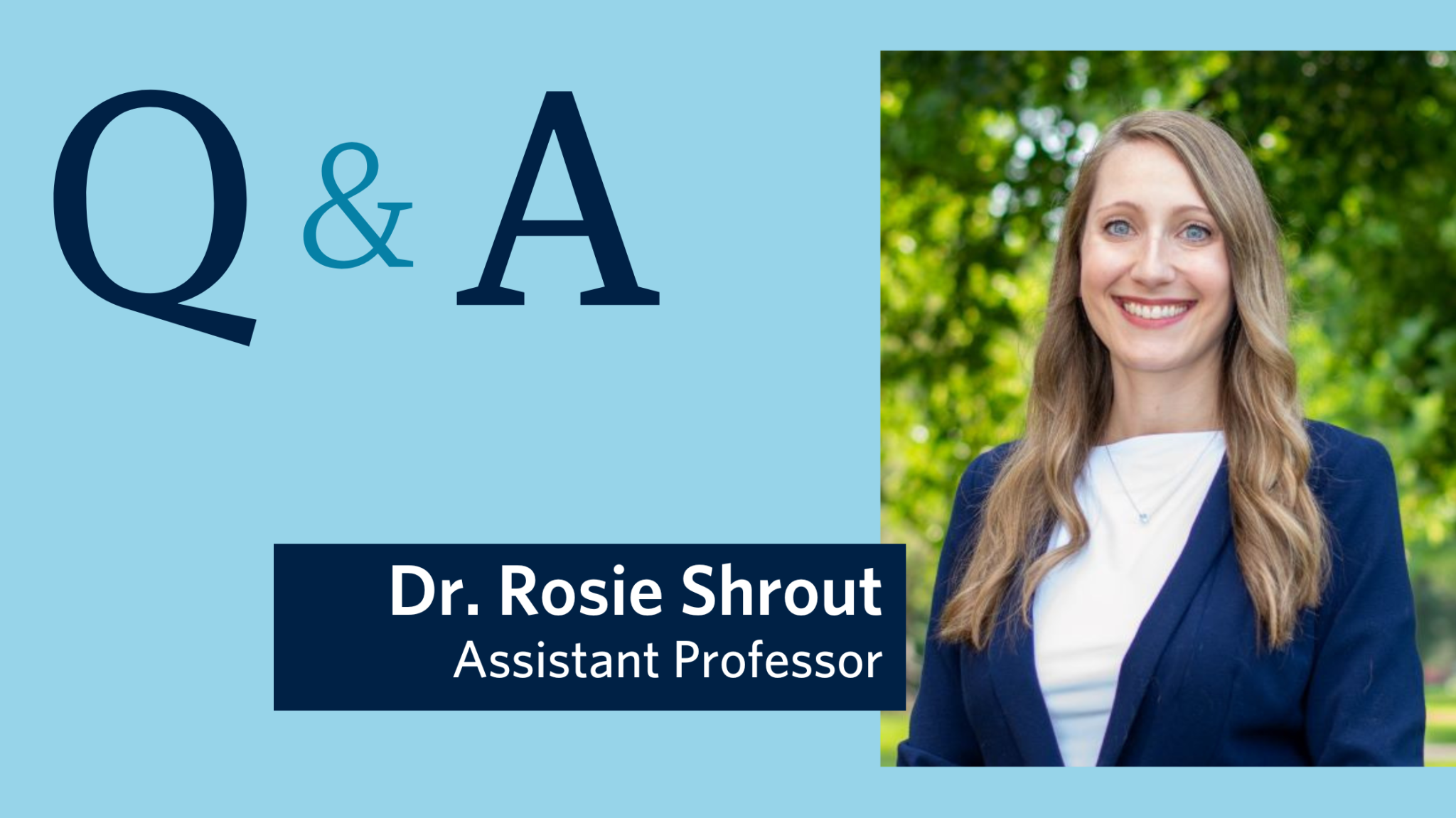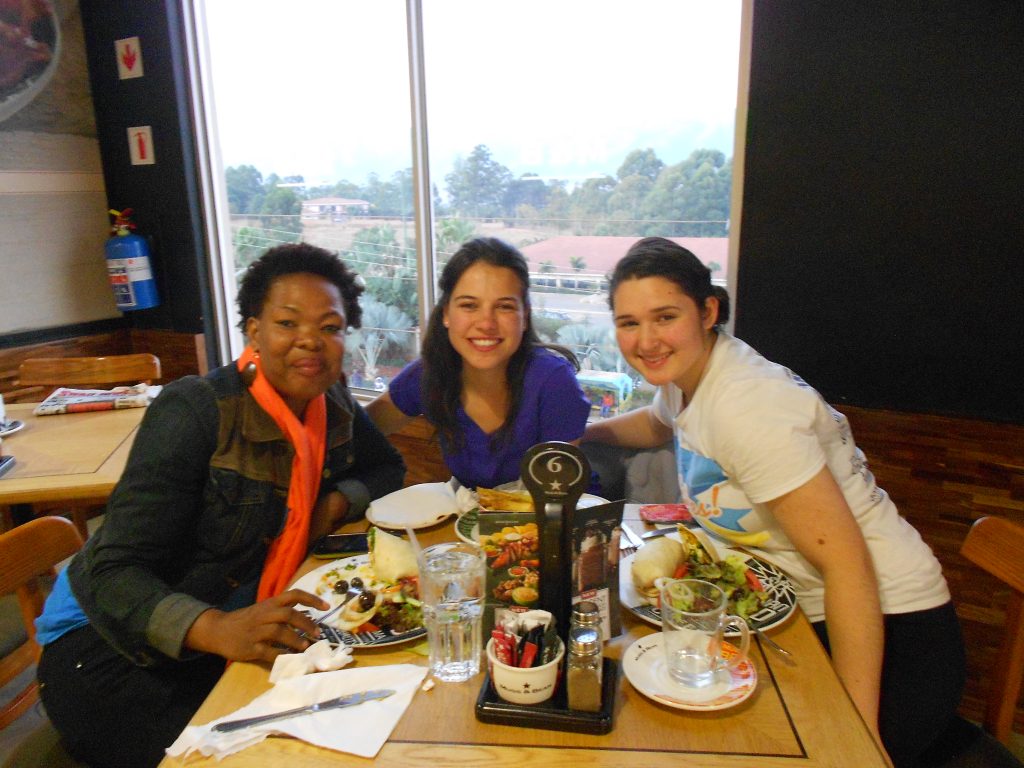

From right to left: Katie, her partner Manu, and their host mother
We got in touch with Katie Sanford, a third-year Psychology student from Bellingham, WA, to talk about her experiences traveling to Africa while participating in an International Service Learning course. This course, Psychology and Developing Societies, empowers students to act as agents of social change. Students complete a three-month placement with a non-profit organization in Africa, applying psychology to local development initiatives.
I understand you’re in Swaziland right now doing an International Service Learning (ISL) Psychology course. Why did you choose to take on this project?
I am doing a Psychology course with Sunaina Assanand, an amazing professor at UBC, and was given choices of placements that suited my area of study. After giving preferences for my placement, I was placed in Swaziland (a small landlocked country neighboring South Africa and Mozambique) with a large international organization called SOS Children’s Villages that has a Village in Mbabane, Swaziland. The organization functions to give children safe, loving, and respectful environments to grow up in. This means that it takes in children who have been orphaned or are living under vulnerable conditions. The organization also works to strengthen families in order to help keep children in their homes instead of placing them in the village because ultimately they want all the children to integrate back into their communities once they graduate from high school and leave the SOS Village.
As far as why I took on this project, there were multiple factors that were key for me. I think the first thing that sparked my interest in this program is that I have wanted to go abroad for a long time, particularly since I came to UBC. I wanted to experience what it is like to live somewhere with a different dominant culture. I also felt that I didn’t have a good understanding of what my friends from different countries meant when they said they were homesick while at UBC. Although I didn’t want to go abroad in pursuit of missing home, as a Psychology student who is fascinated with different emotional experiences, part of me wanted to understand what homesickness felt like so that I could better empathize with those friends and support them while in Vancouver.
I also have spent a good portion of my time at UBC discussing the economic inequalities between groups of people and countries and the privileges that go along with those economic differences. After such in-depth discussions, I wanted to go somewhere that would enlighten me on what these privileges looked like, because from what I’ve understood, privileges usually don’t appear as privileges until you don’t have them. With these goals in mind, I started looking into ways to go abroad. When I learned about the ISL program, I was very excited because it is a program that allows students to become immersed in a new community by living with a host family and volunteering with a local NGO. These two key features to the program set it apart for me because I felt it would give me the best opportunity to immerse myself in another place and a new culture. I didn’t actually anticipate going to a country in Africa for my first time leaving North America, but I have been blessed with such an amazing opportunity. I am very happy to have come here and learned about a continent that has seemed very foreign to me and full of a lot of complexities that aren’t always unpacked in the media.
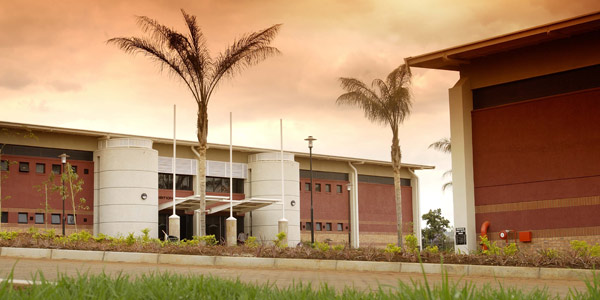

The Swaziland International Trade Fair Building
What is your day-to-day life like in Swaziland?
In my placement, I have another student that I am partnered with who lives and works with me, and we intern at the organization every Monday through Friday. Usually on the weekdays, we wake up around 5:45am, get ready, and take two kombis to get to the village by around 7:45am. We work until around 3:30pm because we need to account for the variable time it can take to get home. Since it is winter in the southern hemisphere, it gets dark here by around 5:30, and it’s safer for us to get home before dark.
At work, we do a variety of things, but most of our work focuses on supporting the caretakers of the children in the village (their SOS mothers). The majority of our time has been spent helping the mothers fill out behavioural questionnaires on their children. The questionnaires assess the children’s emotional and social well-being. We analyze the results of the questionnaires to see how the children in the village are doing overall, and what problem areas are common in the village. After we collected enough data from the village to get a sense of what was going on, we started creating workshops to present our findings to the mothers and give them some suggestions to help manage their children’s issues. We emphasize to all the caretakers that these assessments aren’t meant to assess their capabilities as mothers, but rather help support them and target problems their children may be having due to previous traumatic experiences that likely resulted in their old communities.
On the weekends, we have done a bit of traveling to see Swaziland and South Africa to make the most of our trip half-way across the world. As well, we try to spend quality time with our host family in the evenings after work and on the weekends when we are at home.
Has this experience changed the way you see the world, and/or the way you see Canada?
Yes, I would say this trip has changed my perspective, or rather, enhanced it. I feel that any experience that I have with communities that have less economic privileges than I have grown up with make me appreciate the privileges that I have been given and also make me more considerate of the work that people have to go through when they don’t have those privileges. Particularly in Swaziland, many people wash their clothing by hand, which is not only exhausting but takes a lot of time to do. Of course, not everyone that has a lower economic standing washes their clothes by hand, but it can serve as an example of an appliance or amenity that others can pay for (by getting a washing machine) and not have to take time doing themselves. Daily tasks like this take time, and therefore they make holding a job even more difficult because even when a person isn’t working they are still putting in a lot of effort to maintain themselves and their home. Having to wash clothes by hand myself made me consider some of numerous ways that having money fosters obtaining more money – if you are able to pay for things to be done for you, you then have the time to work to make more money, and therefore can pay for more things to be done for you. Obviously, this is generalizing and is not the case for everyone, but it shows how if you don’t have the economic privilege of being able to pay for things to be done for you, you have to do them yourself which reduces the time you have to do things like get an education and job experience to move up in the work force.
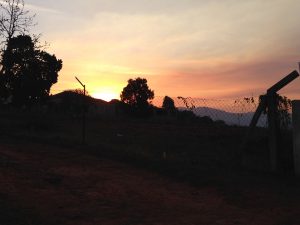

Sunset in Mbabane, Swaziland
Along those lines, this trip has also made me realize the privilege of getting a formal education. Here in Swaziland, very little of the population goes to university, and it makes a big difference in what jobs are available. University has been something I had somewhat expected to attend for most of my life. Taking a step back from academia, where everyone is in school with me, has given me time to realize how uncommon getting a university education is for many people.
Other than these particular insights, I think it is difficult for me to articulate how my experiences here have impacted me. I think overall, my trip has given me a lot to be appreciative of as well as helped me recognize a lot of the injustice that comes with poverty. It has maybe not given me a whole new vision of the world, but has rather brought new issues to mind about how I would like things to be different – particularly regarding the equality of people. I think working with SOS has given me a chance to think about what I like about working with different NGOs and what I am still looking for in a career in the social sector.
Has this experience changed your view of psychology?
The ISL placement has done a few things: First, it has shown me the value of questionnaires to identify problems that people have. Sometimes I have found that questionnaires can seem a bit superficial, not really getting at the real problem someone is having, but just some general problematic behaviours. But what we found in the village was that the questionnaires were effective to find overall trends in the children. As well, the mothers all reported that the questionnaires helped them put words to problems that they were seeing with their children but weren’t previously able to verbalize. In this sense, psychology has been very useful because it was using a psychologically validated scale that we were able to identify these issues.
On the other hand, one of the main concepts of the course that we took prior to departure was on how psychology that applies to people in Western countries may not directly apply to people that live in different places because cultures and customs are much different and may affect people’s psyches. This course challenged my prior view of psychology by making me skeptical of its applicability in the field outside of North America. Although this was the content of the course, I still have felt that many of the concepts that I learned in my psychology courses have been very useful to get a sense of what people are like. Ideas from developmental psychology in particular have been very helpful when brainstorming strategies to deal with children with emotional and behavioural problems as they are still maturing.
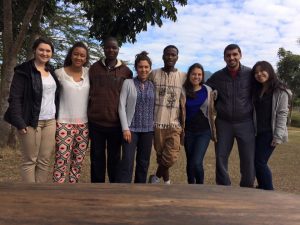

Katie (left) and her UBC team in Swaziland
I think overall, this placement has given me many reasons to see value in psychology, especially in counseling and peer-support. Some of the staff at SOS have expressed how much they just want someone to talk to during challenging times. We have never taken on roles as counselors because we are not licensed practitioners, but we have been attentive listeners to challenges they are going through and just that support has been helpful to them.
Is there anything else you’d like to talk about?
I think one of the main premises of ISL is critical reflecting – which has to do with identifying important moments in one’s experience that challenge their perspective. After identifying those moments, students are then asked to think about why those moments were important, what learning they took from those moments that could be considered on a larger scale, and consider what their goals are moving forward with that learning. This summer has been very insightful for me, and I think I owe a lot of that insight to the fact that I was intentionally reflecting during difficult times. I think that critical reflection is a very important skill for people to have because it allows them to make the most of their experiences.
Reflection is certainly not a skill that only applies to those that want to be psychologists, but I think that I find it very helpful to reflect on my own actions in order to empathize better with myself and others. It is something that I would recommend to anyone reading this: to really take the time to consider important experiences in detail – writing them out and making goals can be very helpful.
Not only has critical reflection been insightful for me in creating new learning, but I think incorporating future goals makes the process very empowering rather than limiting. Sometimes reflection can occur when people feel stuck, but with this model the goal is that you make some new goal or future step to take you through the process, which means that critical reflection won’t end with people feeling stuck after they are faced with a difficult situation. It is something that I would recommend to all students to start doing if they aren’t already.
If you’d like to learn more about Katie’s experiences in Africa, check out her blog. Want to hear from past participants? Read the Psych 417A Blog.
-Katie Coopersmith

